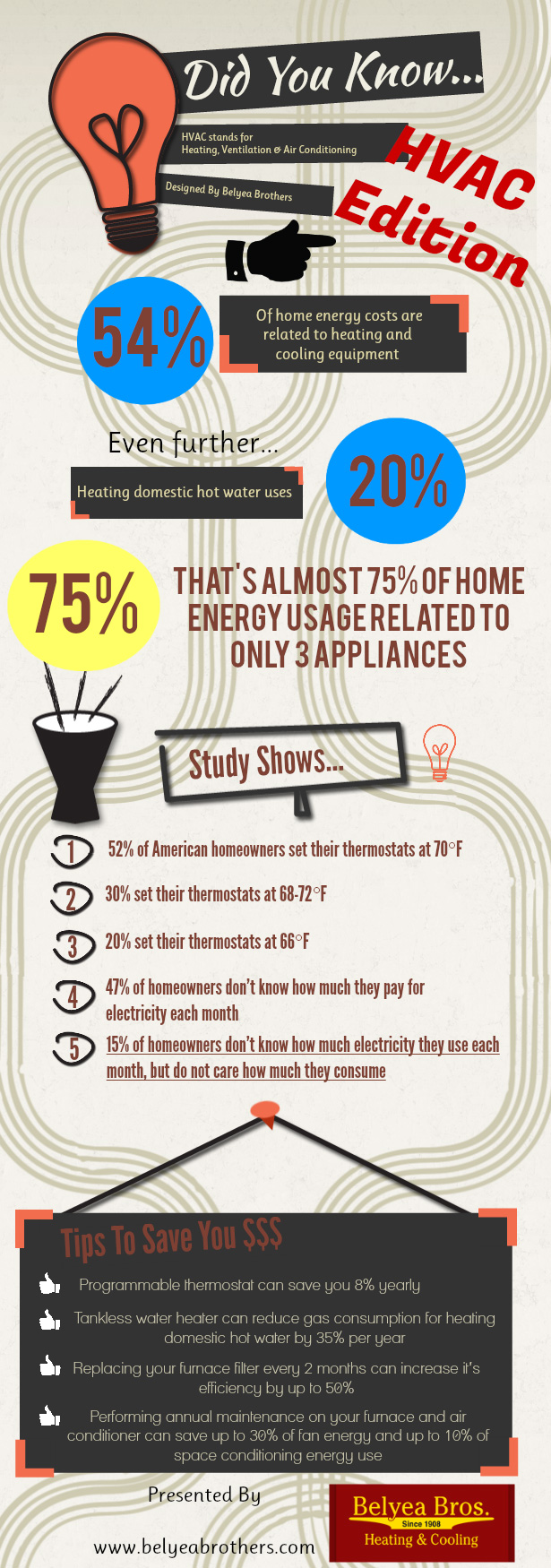The Future Of Home Heating - Exactly How Heatpump Innovation Is Evolving
The Future Of Home Heating - Exactly How Heatpump Innovation Is Evolving
Blog Article
Published By-David McCormick
Heat pumps will certainly be a crucial technology for decarbonising heating. In a situation constant with governments' revealed energy and climate dedications, their international ability doubles by 2030, while their share in heating rises to one-quarter.
They work best in well-insulated homes and rely upon electrical power, which can be provided from a sustainable power grid. Technological innovations are making them extra reliable, smarter and less costly.
Gas Cells
Heatpump use a compressor, cooling agent, coils and fans to relocate the air and heat in homes and home appliances. https://www.azcentral.com/story/news/local/arizona-environment/2017/08/05/z-what-do-if-your-air-conditioning-breaks-middle-summer/518872001/ can be powered by solar power or power from the grid. They have actually been obtaining popularity as a result of their affordable, peaceful operation and the capacity to create power throughout peak power demand.
Some companies, like IdaTech and BG MicroGen, are working with fuel cells for home heating. These microgenerators can replace a gas central heating boiler and generate some of a home's electrical needs with a link to the electrical energy grid for the rest.
However there are reasons to be doubtful of using hydrogen for home heating, Rosenow claims. It would certainly be pricey and inefficient compared to various other technologies, and it would include in carbon discharges.
Smart and Connected Technologies
Smart home modern technology enables homeowners to connect and regulate their tools from another location with the use of mobile phone apps. For example, wise thermostats can discover your heating preferences and immediately adapt to maximize energy intake. Smart lights systems can be regulated with voice commands and instantly shut off lights when you leave the space, minimizing energy waste. And smart plugs can keep an eye on and handle your electric use, allowing you to identify and restrict energy-hungry appliances.
The tech-savvy home shown in Carina's interview is a good image of exactly how occupants reconfigure area home heating practices in the light of new wise home innovations. They rely upon the gadgets' automated features to accomplish everyday modifications and concern them as a practical means of performing their home heating techniques. Because of this, they see no reason to adjust their techniques additionally in order to enable adaptability in their home energy demand, and interventions aiming at doing so may deal with resistance from these families.
Electrical energy
Since heating homes make up 13% of US emissions, a button to cleaner choices can make a big difference. But the modern technology encounters challenges: It's expensive and calls for considerable home renovations. And it's not constantly compatible with renewable resource sources, such as solar and wind.
Up until just recently, electric heatpump were also pricey to compete with gas models in a lot of markets. But new technologies in layout and products are making them more affordable. And far better chilly climate performance is allowing them to function well even in subzero temperature levels.
The following action in decarbonising heating may be the use of heat networks, which attract heat from a main source, such as a close-by river or sea inlet, and distribute it to a network of homes or buildings. That would minimize carbon discharges and permit homes to make the most of renewable resource, such as eco-friendly power from a grid supplied by renewables. This choice would be less expensive than switching to hydrogen, a fossil fuel that needs brand-new facilities and would just reduce CO2 emissions by 5 percent if coupled with enhanced home insulation.
Renewable Energy
As electricity rates go down, we're beginning to see the same trend in home heating that has driven electrical autos into the mainstream-- however at an also quicker pace. The solid climate case for impressive homes has been pushed even more by new research study.
Renewables make up a significant share of modern-day warm consumption, but have been provided minimal plan focus internationally compared to various other end-use markets-- and also much less focus than electricity has. In part, this reflects a mix of consumer inertia, divided incentives and, in lots of countries, aids for nonrenewable fuel sources.
New technologies can make the shift simpler. For instance, heatpump can be made more power reliable by replacing old R-22 refrigerants with brand-new ones that don't have the high GWPs of their predecessors. Some professionals additionally visualize area systems that attract heat from a neighboring river or sea inlet, like a Norwegian fjord. The warm water can then be utilized for heating & cooling in a community.